Guides
Acts of ParliamentDevolved GovernmentHouse of CommonsHouse of LordsLegislative ProcessWhitehallPolitical PartiesPublic InterestThe Political Process Display All
Reference 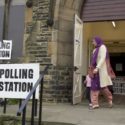
UK Election Polls
A consideration of why opinion polls often get it wrong, and as to whether they publication of election polls should be banned in the period running up to polling day.Read More
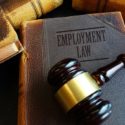
Employment Rights Act 1996
The 1996 Employment Rights Act is the dominant piece of legislation that lays out the rights of workers in the United Kingdom. Read More
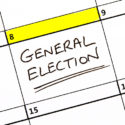
Elections and voting
An overview on the process governing elections to the House of Commons. Who can vote, who can stand for election, how much can candidates spend, and what are the rules around televised election broadcasts.Read More
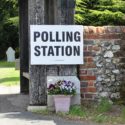
Election Turnout
Despite talk of a 'youthquake', UK voter turnout in 2019 was only 47% amongst those aged 18-24 compared to 74% amongst those aged over 65. Whilst in Bolivia, non voters can be denied from withdrawing their salary from the bank for three months.Read More

Leaders Debates
Leaders debates capture the controlled interactions of Britain's foremost politicians. They excite the political class, more than the public as a whole. In 2017, 'Britain's Got Talent' (BGT) out-competed the BBC's 2017 political debate, winning by 8.5 million viewers to 3.5 million.Read More
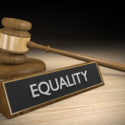
Equality Act 2010
The 2010 Equality Act unites a range of anti-discrimination legislation and compounds it into a single, comprehensive law. It is the dominant piece of equality legislation in the United Kingdom. Read More
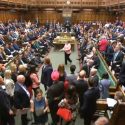
Early Day Motions
Early Day Motions (universally known in Parliament as 'EDMs') are best thought of as petitions put forward by MPs on specific subjects. Other MPs are then invited to add their names in support.Read More
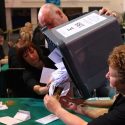
Elections to the House of Commons
An overview of how Members of Parliament are elected, how elections and by-elections are called, and how the constituency system works.Read More
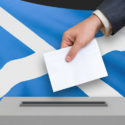
Scottish Parliament – Elections
The Scottish parliament is made up of 129 elected MSPs, elected by the additional member system, a form of proportional representation. Each voter has two votes - one for a constituency and one for a member from a regional list.Read More
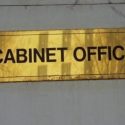
Executive Agencies
Executive Agencies now account for the majority of civil servants employed. Ministers set targets for Executive agencies, whose spending appears on the balance sheet of the sponsoring government department.Read More
